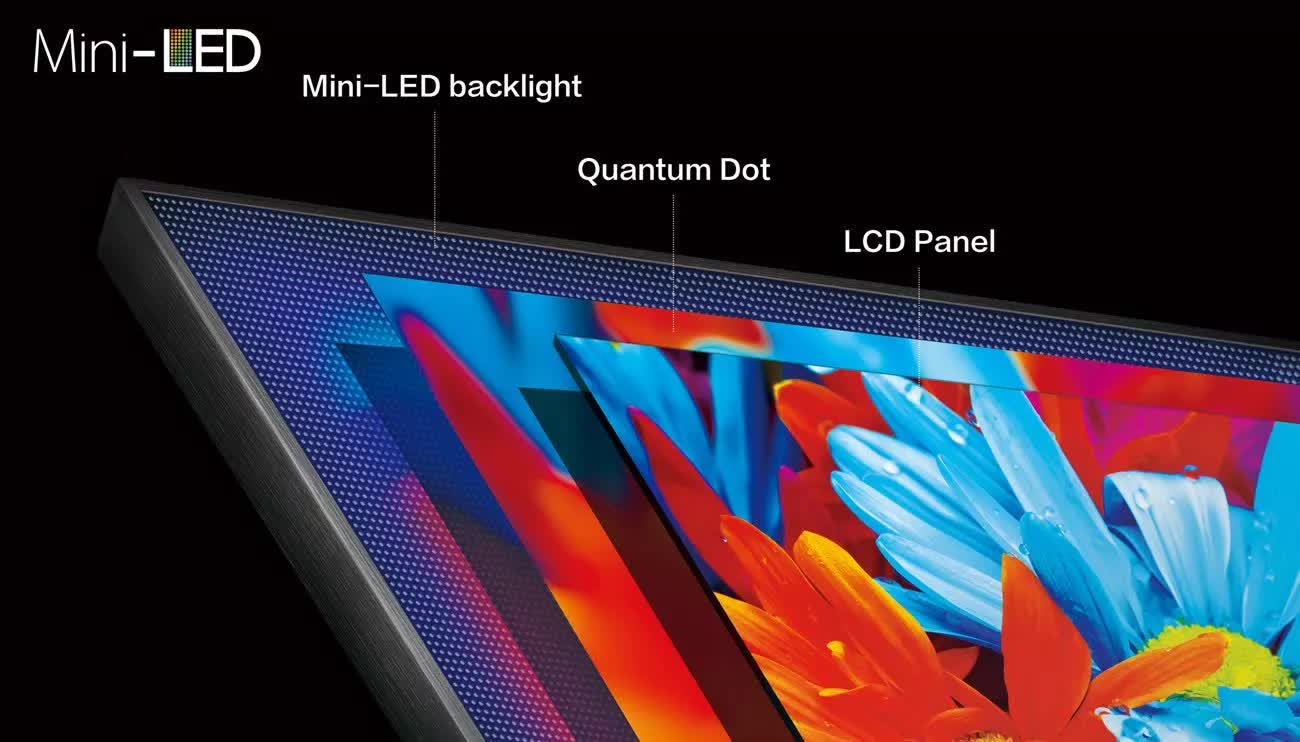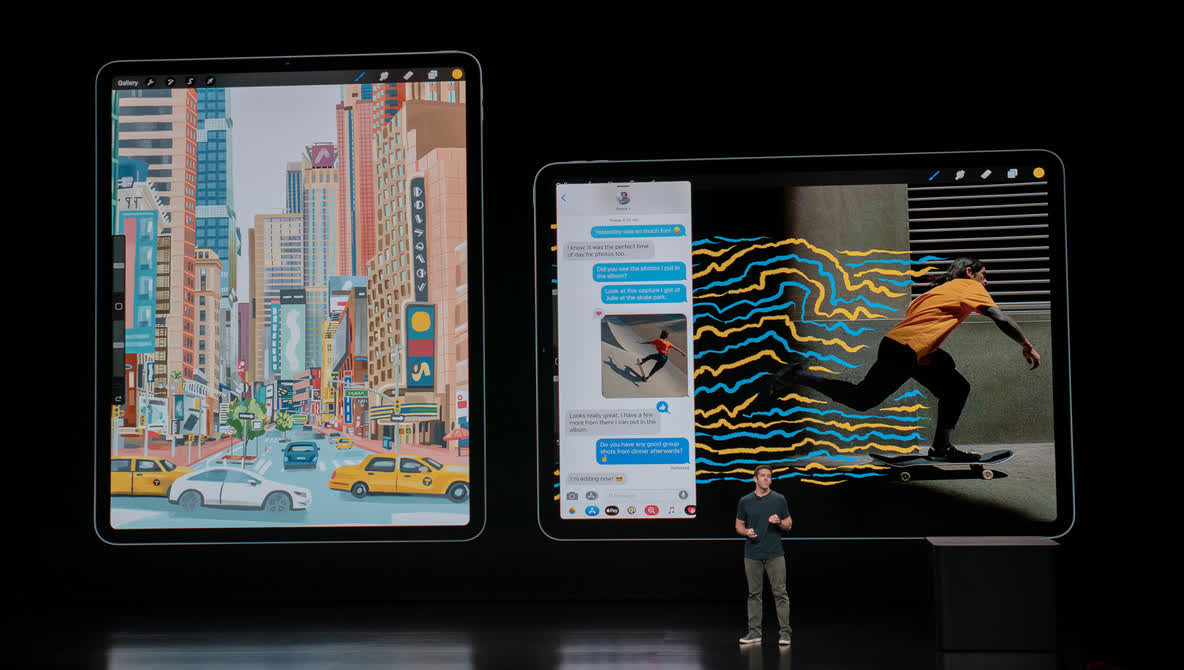The big picture: The iPad business generated a record $8.4 billion in revenue for Apple during Q4 2020, and the company is reportedly getting ready to introduce two new iPad Pro models. However, production issues related to the Mini LED display and display driver chips will most certainly hinder your chances to get one at launch.
It's been rumored for months that Apple will introduce new iPad Pro models with Mini LED displays this year, with some speculating that it could happen before summer kicks in. However, suppliers are said to be having difficulties in producing some of the essential components, thanks in no small part to the chip shortage that is now biting even Apple, a company that's often able to command preferential treatment.
Last week we learned that a shortage of relatively inexpensive display driver chips is affecting the supply chains of major tech companies, and that apparently includes Apple, who has had to delay orders of those components for iPads and MacBooks.
According to a new Bloomberg report, that's only a minor setback as key display suppliers Ennostar, Taiwan Surface Mounting Technology, and General Interface Solution Holding are facing yield issues with Mini LED panel manufacturing.

At least one Mini LED manufacturer has had to pause production because of these issues, but that hasn't changed Apple's release schedule for two new iPad Pro models, one of which will feature the new display technology. Bloomberg says that could happen later this month, which means that anyone looking forward to buying the new iPad Pro will have to fight for it due to relatively limited initial stock.
The main benefit of Mini LED is that it brings many of the pros of OLEDs but without most of the common drawbacks, meaning they offer great HDR image quality but have minimal risk of screen burn-in. TCL already uses the technology in its 8 Series televisions, and Samsung and LG are getting ready to roll out their own models in the coming months.
Beside the inclusion of Mini LED technology, Apple's new iPad Pro is also said to feature an A14X SoC that will offer comparable performance to the M1 chipset found in the newest MacBook Pro 13, MacBook Air, and Mac mini. Most people, however, would be more excited about the possibility of an upgraded USB-C port with improved compatibility with monitors and iPad accessories.
